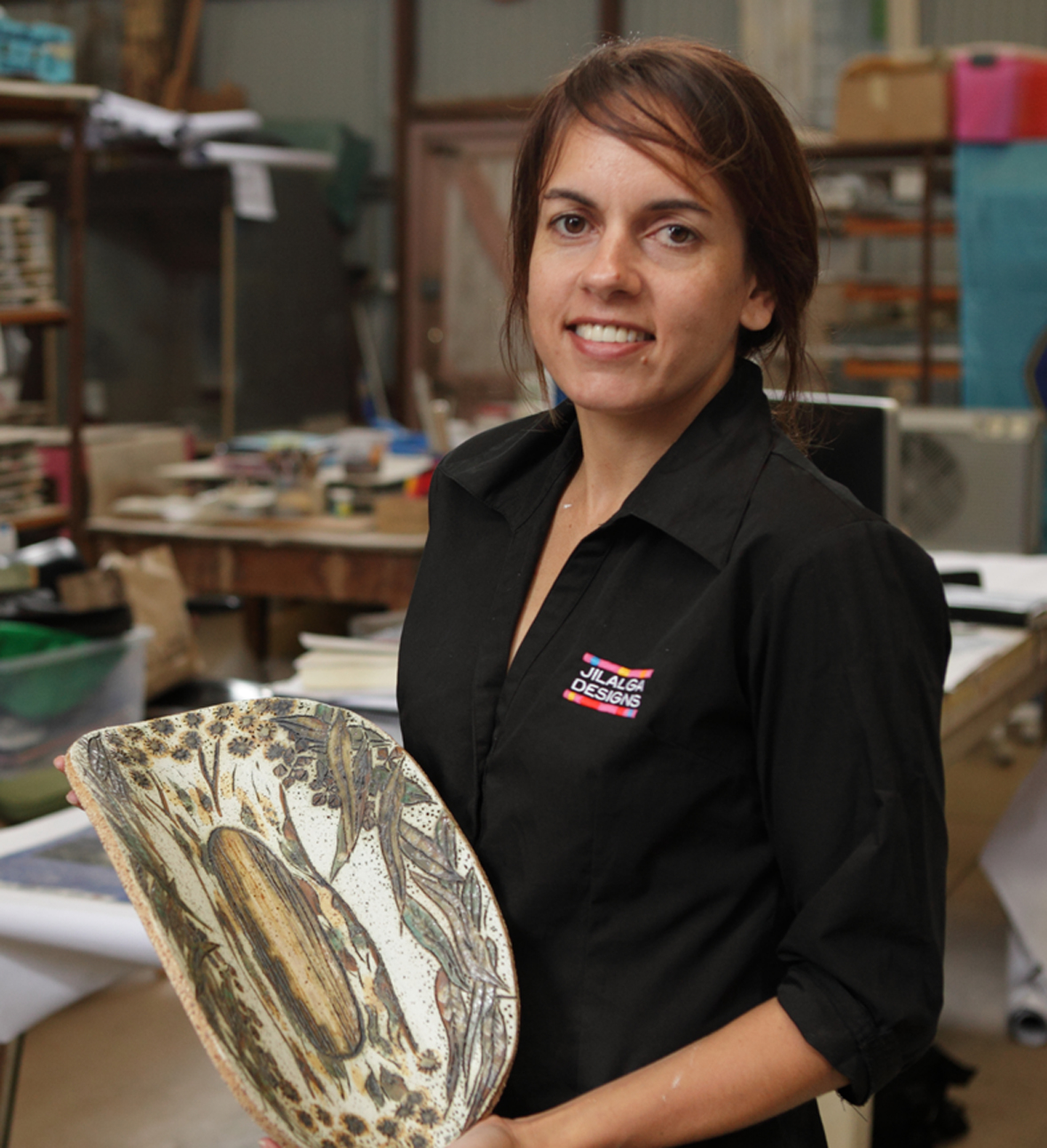The Public Domain and Mickey Mouse

What is the public domain?
Copyright protects works such as art, music, films and books. The “public domain” refers to works that are not protected by copyright.
Copyright protects works for a set period of time. This period of time is called copyright “duration” or “term”. After that time ends, the work is no longer protected by copyright and becomes part of the public domain. Public domain material can be used without the copyright owner’s permission.
How do I know whether something is in the “public domain”?
Recent works are usually not yet in the public domain.
If you are looking at older works, unfortunately, there is no quick and easy answer. Copyright generally lasts for 70 years after the death of the creator. This is a broad generalisation, because how long copyright lasts depends on factors such as:
- What type of work is it?
- When did the author pass away?
- When was it made public?
- When was it made?
- Is it Government material?
The answer can also be tricky because the duration of copyright has been extended over time.
The Australian Government Department of Communication and the Arts and the Copyright Council have published information sheets on the duration of copyright, which provide a helpful starting point. Remember, if you are wondering if something is in the public domain and want to use it in your own arts practice, you should always get legal advice.
What about works based on or that use the public domain work? Are they also in the public domain?
Not unless copyright has expired in those new works.
A work that is based on or incorporates a public domain work may be a copyright work itself. This new work (often called a derivative work) may therefore have its own copyright protection.
For example, Beethoven’s Symphony No. 9 may be in the public domain (Beethoven died in 1827), but a composer may have made an arrangement of that symphony, or an orchestra may have made a sound recording of their performance. The sound recording or arrangement have separate copyright protection and copyright may not have expired in those derivative works.
Is there a different public domain in Australia and in other countries?
Yes.
Countries have their own copyright law. There are similarities between Australian law and the laws of other countries. This is because Australia is a party to the same international copyright conventions and treaties as others. However, there are also differences. Those differences can include the duration of copyright.
The differences between the laws of countries means that copyright may have expired in one country, but not another.
If something is in the public domain, does the creator still have moral rights?
Generally, if something is in the public domain, the moral rights will also have expired. This is because most moral rights will continue for as long as the copyright lasts.
Moral rights are held by the creator. Moral rights include the right of authors to be credited for their work and the right not to have their work treated in a way that is damaging to their reputation. You can read more about Moral rights here.
Australia has moral rights protection. However, other countries may not protect moral rights in the same way, or at all.
If something is in the public domain, can I use it for free?
It depends. If something is in the public domain in Australia, it will not be an infringement of copyright to use that work. However, you may need to think about other laws (such as the Australian Consumer Law, trade mark law, and passing off) first.
What is the difference between public domain and open-source?
Open-source material is still under copyright, but the owner has chosen to allow others to use their copyright material for free. Sometimes, the copyright owner places limitations on how their copyright material may be used, even if they do not charge a fee. For example, they may require that they be credited, or they may require that the derivative work also be made open source.
What about Mickey Mouse? Is Mickey Mouse out of copyright?
We have seen a lot of press in 2024 about Mickey Mouse being in the ‘public domain’. However, it is important to read that press carefully. Most of it refers to the law in the USA and the expiry of copyright there. The law in Australia may be different to the law in the USA.
Steamboat Willie is a 1928 animated short film, often credited for introducing Mickey Mouse to the world. Recent news articles have claimed that copyright has now expired in this film, but it’s not quite that simple.
Copyright in films was introduced in Australia in 1968. Before this, films were protected as individual photographs or drawings. So, the question ‘has copyright expired in the film’ is asking the wrong question. You need to look at the each of the drawings that made up the animated short film – has copyright expired? Currently, copyright in drawings lasts for 70 years after the death of the creator. Assuming the artist was, Ub Iwerks, who died in 1971, copyright in those drawings may not yet have expired.
More broadly, Mickey Mouse is not out of copyright. Copyright does not protect a character, but protects particular works. Mickey Mouse has been the subject of many later works, such as drawings and films, that are not out of copyright. The features of those later versions, such as the white gloves or red shorts, may be features that are most familiar to the public.
It is important to be cautious about any use of characters from a public domain work:
- As is the case with Mickey Mouse, later works will often create new versions of the character – adding elements and storylines. Using only the early version of the character, without infringing a later work that is still copyright, is a tricky line to tread.
- It can also be very tricky to avoid any suggestion that the new use if the old character is not affiliated with, endorsed by or licensed by the old owner. To create this suggestion can give rise to risks in other areas of law (such as the Australian Consumer Law, trade mark law, and passing off).
I have a question about whether something is in the public domain!
If you do you have a question about whether a work is in the public domain, or about Mickey Mouse, you should seek legal advice.
If you are an artist or arts organisation, Arts Law may be able to assist you with free or low cost legal advice. You can submit your query to arts law here.




